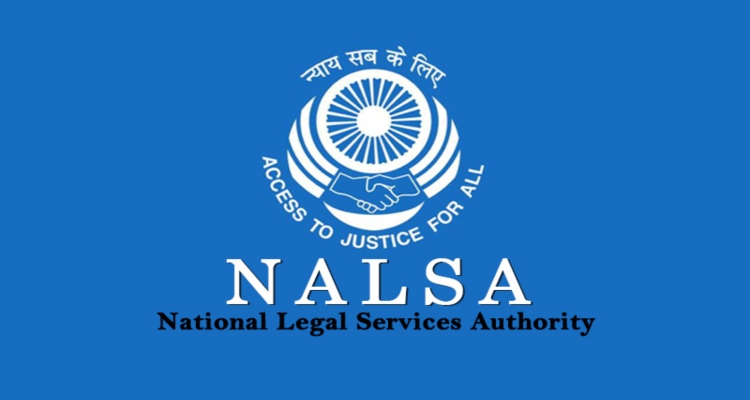
The National Legal Services Authority (NALSA) informed the Supreme Court that approximately 870 convicts, currently imprisoned across 18 states and Union Territories, wish to file appeals against their convictions after being made aware of free legal aid.
NALSA reported to a bench of Justices B R Gavai, Sanjay Karol, and K V Viswanathan that it received responses from the State Legal Service Authorities (SLSAs) of these states and UTs following interactions between jail visiting lawyers and the convicts regarding legal aid.
Senior advocate Vijay Hansaria, assisting the Supreme Court as amicus curiae in the matter of jail overcrowding, noted that no responses had been received from the SLSAs of 16 states/UTs.
The bench noted that NALSA would advise the SLSAs of these 18 states/UTs to take steps to file appeals for the 870 convicts. It scheduled further hearings for four weeks.
“Based on the responses received from the SLSAs of 18 states/UTs, it is observed that following the court’s order, jail visiting lawyers (JVLs) have interacted with the convicts, and approximately 870 convicts now wish to file an appeal,” NALSA informed the bench.
JVLs are appointed by legal services institutions to provide legal advice and draft applications and petitions for inmates within the jail.
During the top court’s previous hearing on May 9, Hansaria had circulated a format of a letter to be submitted by the jail visiting lawyers regarding information provided to convicts about free legal aid.
In the hearing on Monday, the amicus referred to a note for the hearing on behalf of NALSA concerning access to free legal aid. The note stated that the apex court had recorded on May 17 the modified format circulated by NALSA.
“Subsequently, NALSA distributed the modified letter to be completed by JVLs to all State Legal Service Authorities (SLSAs) and directed them to collate and compile the data received from the JVLs as per the prescribed format,” it said.
The note also mentioned that responses were received from the SLSAs of Andhra Pradesh, Arunachal Pradesh, Dadra and Nagar Haveli, Daman and Diu, Chhattisgarh, Goa, Jammu and Kashmir, Jharkhand, Kerala, Lakshadweep, Manipur, Meghalaya, Rajasthan, Puducherry, Punjab, Telangana, Uttarakhand, and West Bengal.
Reviewing the responses from SLSAs, it was observed that many convicts did not prefer to appeal due to reasons such as being satisfied with the current judgment, having served the maximum sentence or nearing its completion, lack of financial support, and multiple pending cases.
Other reasons included convicts wanting to hire private lawyers, fear of a harsher sentence, mental health issues, unwillingness to state reasons for not appealing, and recent convictions.
“Analyzing the reasons cited, it is evident that appeals are not pursued for various reasons, some of which are valid,” the note said, adding that effective legal aid intervention could address many of these reasons.
It noted that issues such as lack of financial support and fear of a harsher sentence indicated a clear lack of understanding and information about the legal process.
“Once responses from other SLSAs are received, a clearer picture of the nature and extent of the issue will emerge,” the note concluded.
During a May hearing, the Supreme Court had emphasized that efforts should not be made to reduce the number of open-air prisons in the country. Semi-open or open prisons allow convicts to work outside during the day and return in the evening, aiming to integrate them into society and alleviate psychological pressures.
The apex court had observed that establishing open jails could help address overcrowding and improve the rehabilitation of prisoners.




